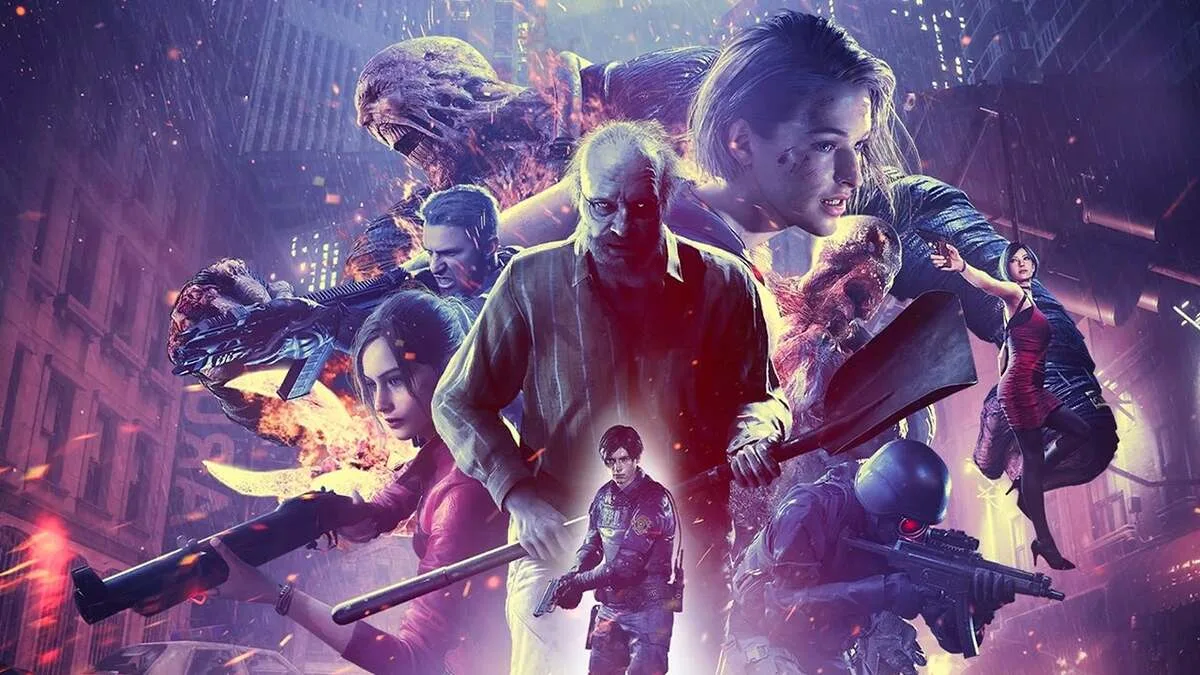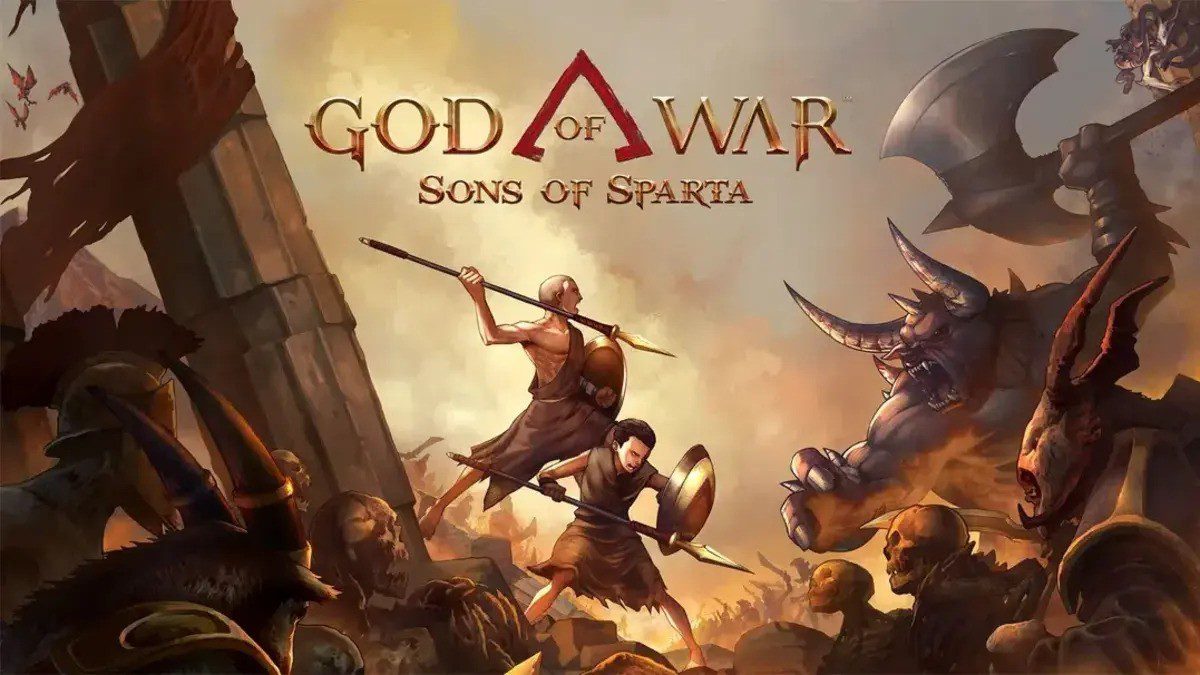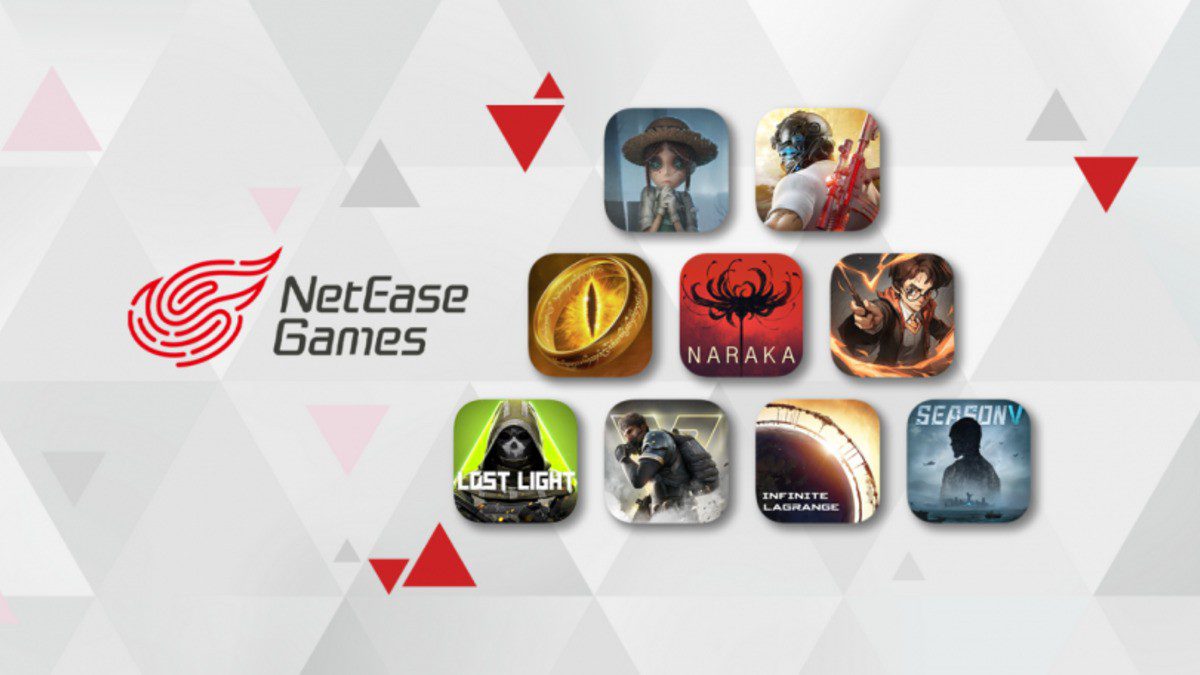On June 29, 2025, Capcom quietly flicked the switch off for Resident Evil Re:Verse, bringing an online experiment to a close less than three years after its launch. In its final 24-hour stretch, the game’s player count spiked by 264%—from under 20 concurrent users to a peak of just 86 players—before fading into digital oblivion.
Originally released in early 2022 as a free bonus alongside Resident Evil Village, Re:Verse was billed as a 25th-anniversary celebration. Players could pick from iconic survivors or turn undead in asymmetrical skirmishes, or race against time solving puzzles as a team. The concept held promise: mash up classic characters, inject fresh multiplayer modes, and reward long-time fans. But instead of becoming a bustling online hub, Re:Verse struggled to build a sustainable community.
The Numbers Behind the Decline
Steam Charts recorded a hopeful start—2,080 concurrent players during its first month—but the numbers plummeted thereafter. By the following month, peak users dropped to 329, and double-digit concurrency became the norm. As whispers of server shutdown circulated earlier this year, curious players swelled login attempts one last time. Yet even that final surge only nudged Re:Verse into the high double digits.
Several factors conspired to doom Capcom’s multiplayer spin-off:
- Content drought: Beyond its initial character roster, Re:Verse offered few new maps or modes, leaving veteran players with diminishing reasons to return.
- Monetization missteps: Early DLC bundles and cosmetics felt tacked on rather than community-driven, eroding goodwill.
- Marketing fatigue: Bundling Re:Verse with Village delayed its standalone release, confusing retail customers and fragmenting its player base.
Together, these miscalculations prevented Re:Verse from evolving beyond a trophy shelf freebie into a living part of the Resident Evil ecosystem.
Re:Verse’s shuttering underscores a broader challenge: digital-only titles—even from storied franchises—can vanish without a trace. Unlike physical discs that can be tossed on a shelf or traded among friends, server-dependent games transform into inactive icons the moment support ends. For preservationists and historians of gaming culture, this presents a dilemma: how do we archive experiences that literally cease to exist?
Lessons for Capcom’s Next Multiplayer Venture
As Capcom eyes Resident Evil Requiem and beyond, several takeaways stand out:
- Sustained content drops: Seasonal events, balance patches, or new maps can rekindle interest long after launch.
- Community-first monetization: Cosmetic items tied to in-game achievements, or fan-designed skins, foster ownership and pride.
- Clear launch strategy: Separating anniversary side-projects from core titles avoids mixed messaging and distribution confusion.
By weaving community feedback into development cycles—rather than retrofitting features—Capcom can bolster both engagement and goodwill.
Though Re:Verse is gone, Resident Evil’s multiplayer ambitions live on. Next year’s Requiem promises to refine the formula, blending narrative depth with cooperative and competitive modes. If Capcom learns from Re:Verse’s missteps, the series could finally carve out a lasting online legacy.









